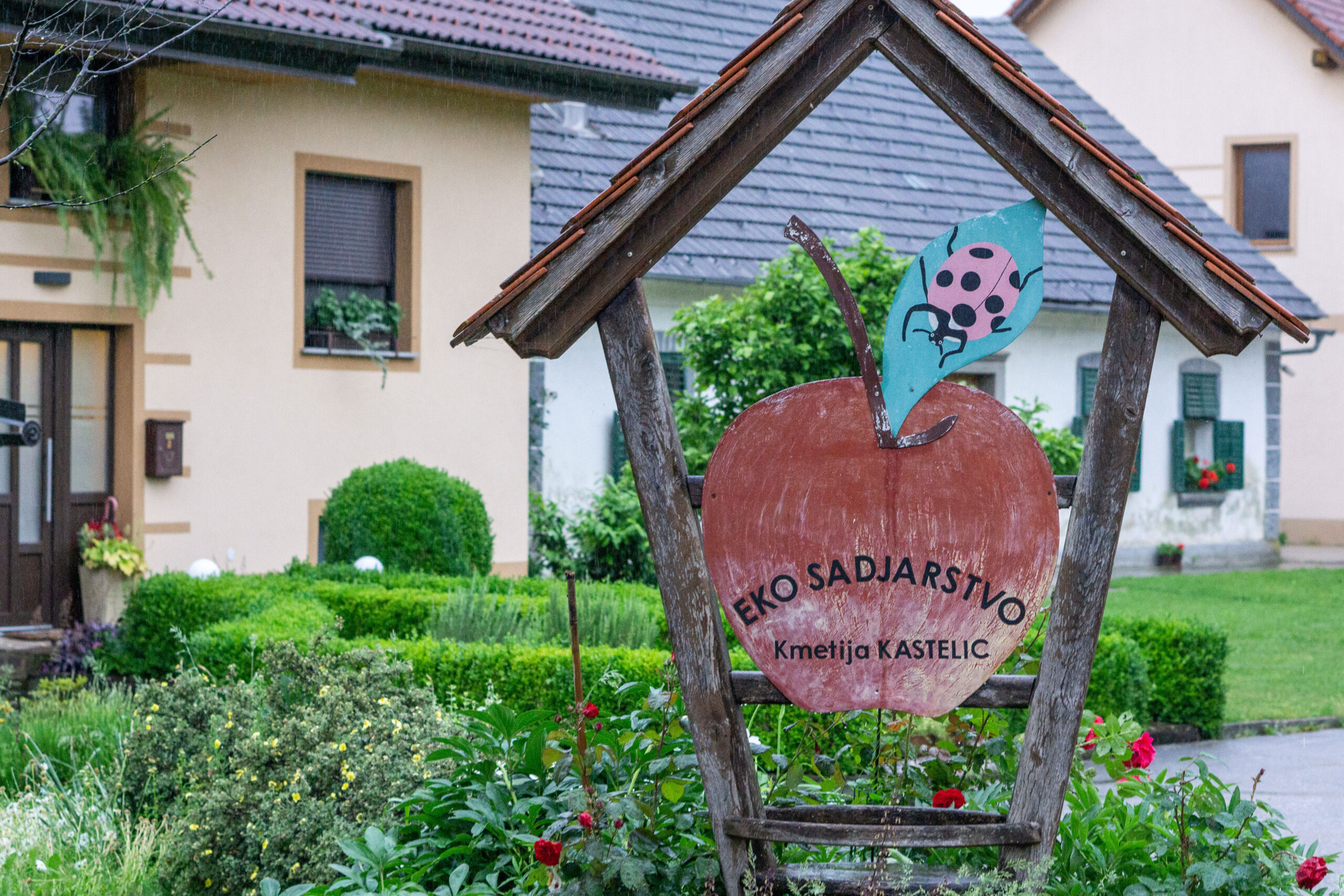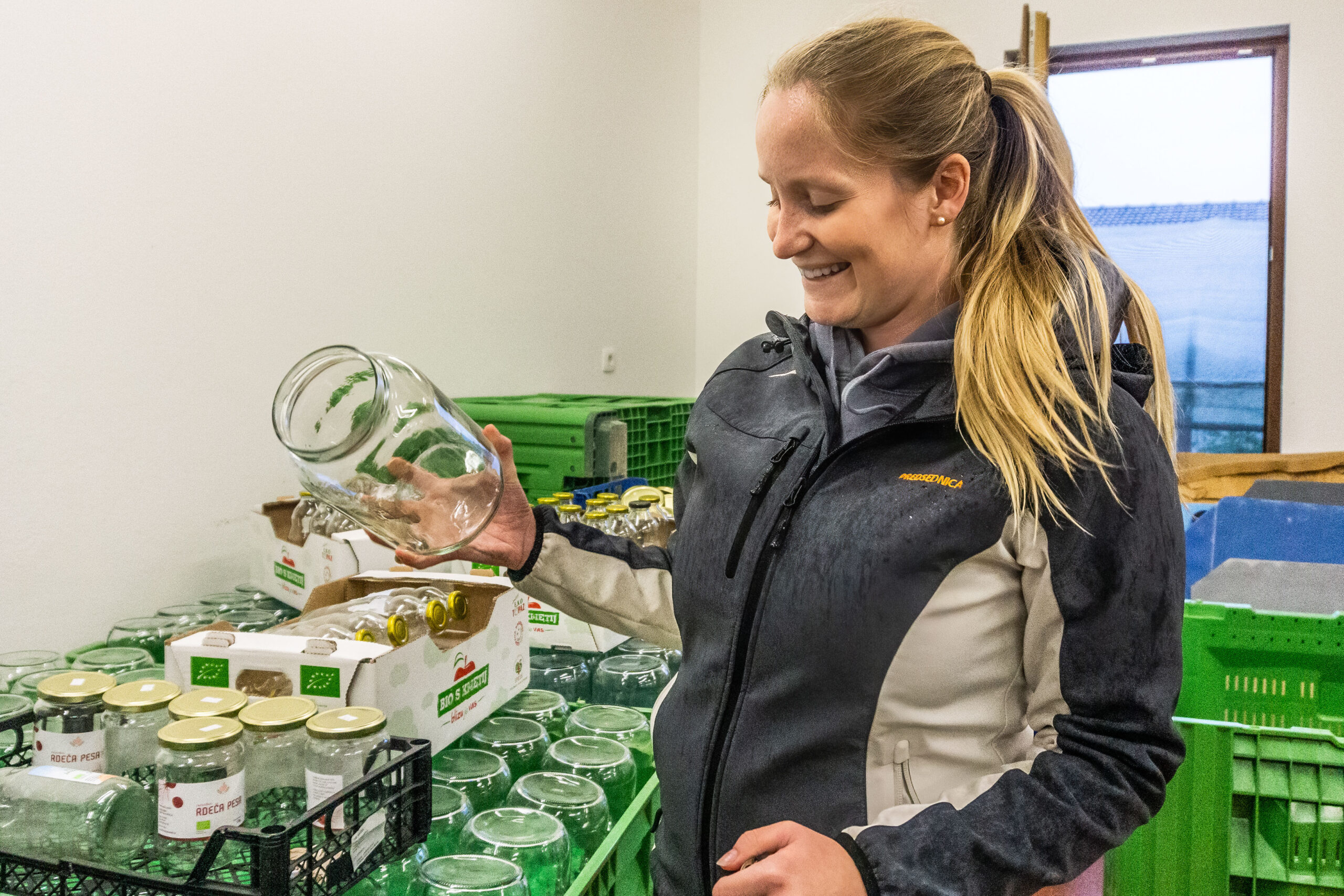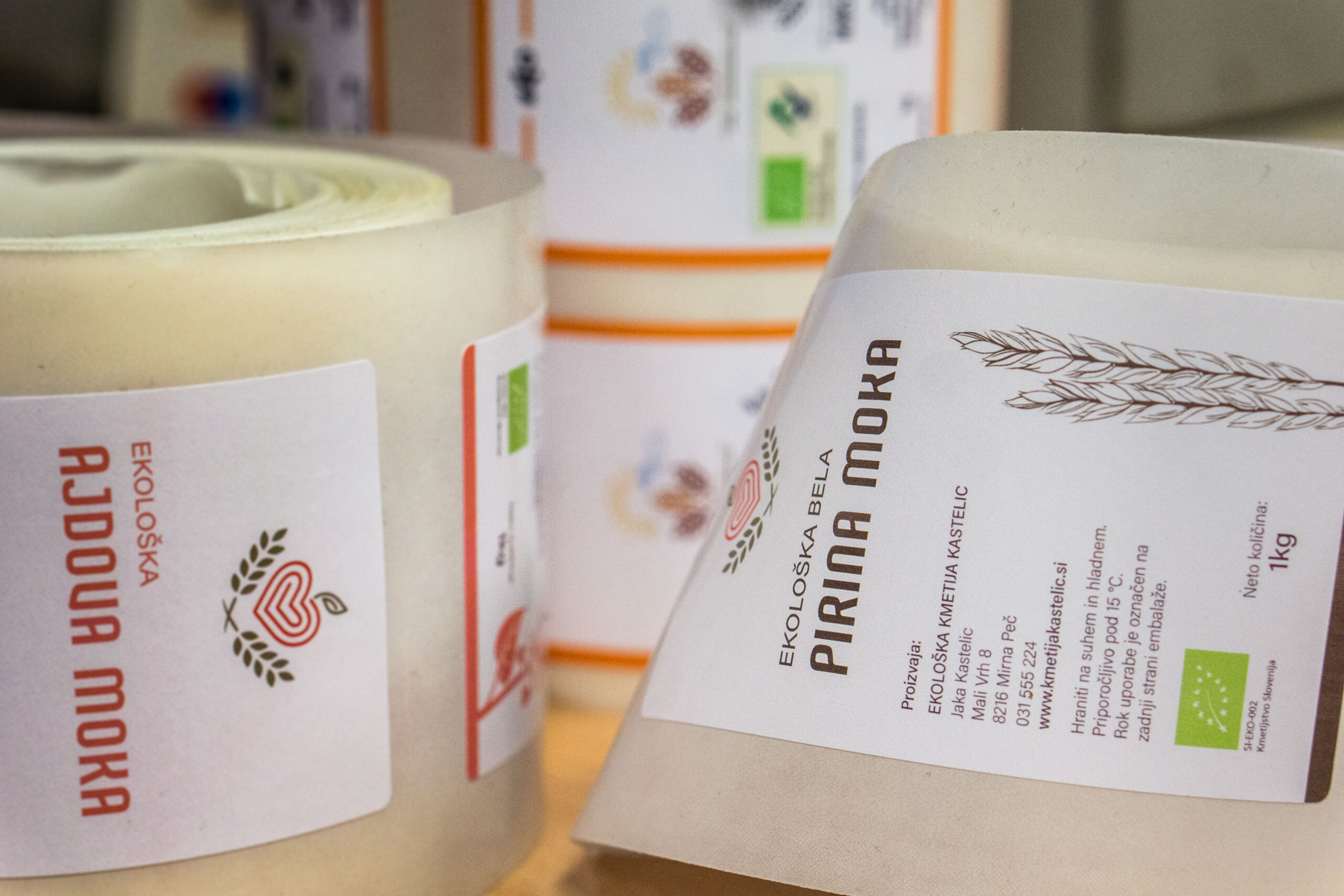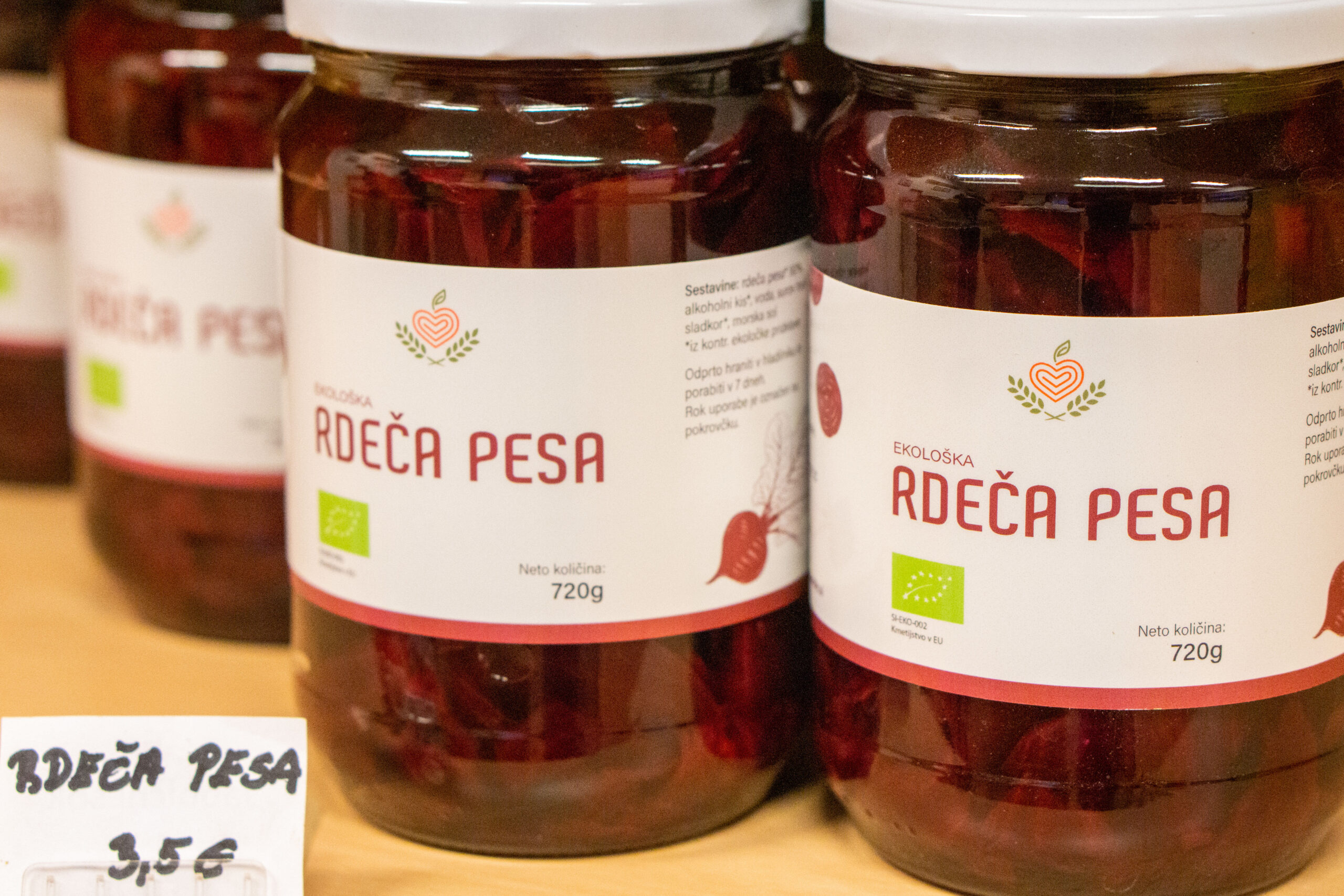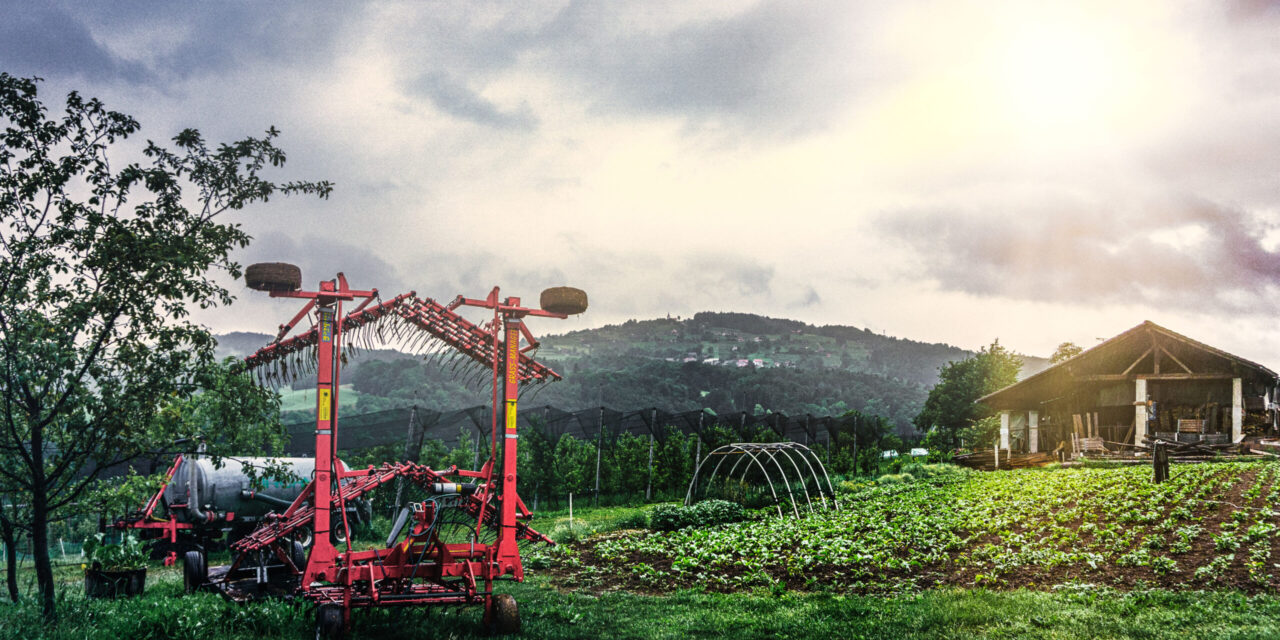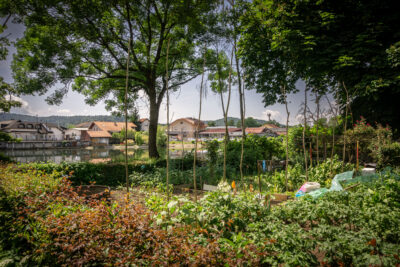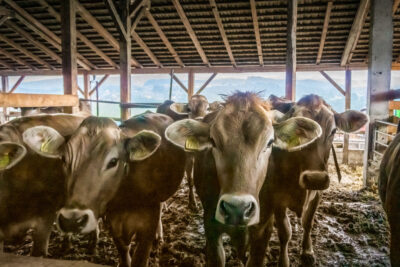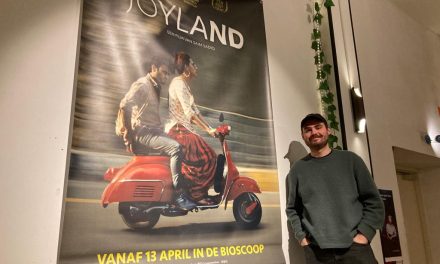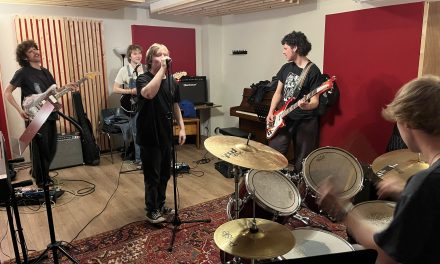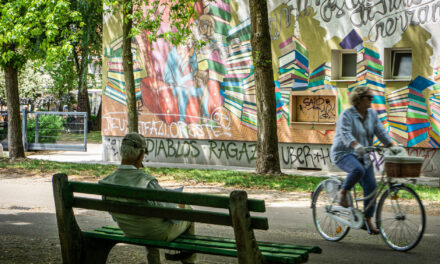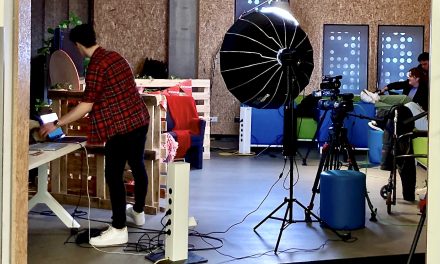Idyllic forests, picturesque mountains and a Mediterranean coast. Small cottages and family-run farms steeped in tradition characterize the Slovenian landscape. The small country of Slovenia, with its population of just over 2 million, is almost hidden at the northern end of the Balkans. But when one lets the eyes wander over the diverse Slovenian nature, hardly anyone notices those who cultivate the fields and gather the harvest every day.
Cultivating plants and vegetables has been and is still a big part of the Slovenian culture. Not only for farm owners, but also for the general public. Small gardens with fruits and vegetables near the house can be found almost everywhere in Slovenia. This allows people to be self-sufficient for a few months of the year. Slovenia is quite green, almost 60 % of the country is covered by forests. This makes conditions for agriculture difficult, because many heavier agricultural tasks cannot be done with machines, but only by hand. And the work is hard.
Many of the farms, wineries and bee farms, that can be found in this small and green country, are privately owned as an aftermath of the Second World War. Their preservation is traditionally passed down from generation to generation. The republic of Slovenia counted more than 68 thousand farms in 2020, most of which are family farms.
“Tradition is hindering actually the needed changes.”
These farms have to deal with many challenges on a daily basis, but over the last decades new, more long-term issues have emerged. According to Majda Černič Istenič, professor of rural sociology at the University of Ljubljana, not only the material conditions are crucial, but also a good quality of life on the farms themselves has become increasingly important. One of the biggest concerns she identifies is how to keep the traditional family farms alive in the long term. “We see that the older generations are burned out because they work so much, and they have almost no free time. If we want to establish and keep good farm conditions, then we really need to take care of the quality of life on the farms – especially for younger generations.”
Young people, in particular, are leaving the farms and no longer want to live with the old traditions. This leaves many of the numerous family farms in Slovenia without a successor who could take over the farm one day. “These old-fashioned patterns of thinking and behaviour still persist very strongly, which is in huge contradiction to what needs to be done. Tradition is hindering actually the needed changes.” But when traditions are very firmly rooted, an intergenerational exchange is often difficult. “There needs to be space for change. The older generation needs to allow a younger one to have a voice – this was not the case in the past.”
Appointed Minister of Agriculture, Forestry and Food in the past year, Irena Šinko hears the voices of the younger generations. “Young people constantly warn us about the problems that they encounter in food production and land cultivation” The minister, who still works in agriculture herself, is particularly aware of the challenges of this intergenerational conflict. “In Slovenia, the average age of holders of agricultural holdings is 62 years. Therefore a generational incentive is necessary. It is necessary that young people take up farming and continue the development of agriculture.”
Here to stay
Especially young women have a difficult position in the rural culture, which is shaped by tradition, and are increasingly leaving the countryside and agricultural work behind. Women still make up a large part of the agricultural population in Slovenia. On family farms they are still seen either as housewives or merely as helpers. Nevertheless, they often take responsibility for the management of the farm and undertake a large part of the work. This leaves them with fewer prospects and weak insurance coverage.
Anja Mager, a young, talkative and ambitious woman welcomes me to an ecological apple farm in the Dolenjska region, where she works and lives with her partner and his family. She grew up on a small mountain farm in the north of Slovenia and works now full-time as a professional farmer and a controller for biological agriculture. Besides all of this, she is currently finishing her Master’s degree in Agricultural Economics and is the President of the Rural Youth Association Slovenia (ZSPM). “Through Rural Youth we’re really trying to show a real perspective on how farming looks like.” The organization creates a platform for young people from rural areas and young farmers to connect, get educated, get active in politics and sometimes just hang out. The target is not only to educate themselves but also others. “Another very important goal is to educate people about the quality of local food and to start researching what we’re actually eating.”
When she was little Anja didn’t consider farming as a possible career choice: “In primary school, you don’t think about becoming a farmer, you think about all the other professions.” Through her study in agronomy, she got connected with the Rural Youth Association and started to see farming as an actual career path for herself. “My idea was to start my own farm back then. But I didn’t get the opportunity because my grandpa never saw me as a potential takeover. I think a little bit. After all, I’m a woman and a bit because I’m not his daughter, but his granddaughter.” Asking the young farmer about the predominant traditional positions in agriculture, her answer is clear: “Women still don’t get the same respect as the farmer in the farming sector. We still have to prove to the man that we’re capable of much more than just being the wife of a farmer.” To change that, it needs women and men who pave the way to a community that understands agriculture in a new way.
“Farming is not just farming – We are businesswomen and businessmen. You have to run papers … a lot of papers. You have clients and your products have to reach a certain standard. So you’re actually a big company, and you also have to act like it.” In her eyes, farming has a lot of potential for young people, but ” it’s not an easy potential. It doesn’t come overnight, you have to work for it. Once you have it, it never stops.” For Anja, as for many other young farmers, the ZSPM is also a way to gain a political voice. “Last year, for example, we were able to focus on a common agricultural policy to help shape the strategic plan for Slovenia. This was sent to Brussels and now we’re waiting for a response.”
Professor Majda Černič Istenič too sees the importance of young organisations for the future of agriculture in Slovenia, but loud voices must also always fall on open ears in the right places: “I hope that also other actors in our food chain will consider their views and their opinions and value their plans for change.”
